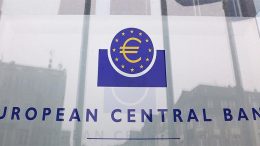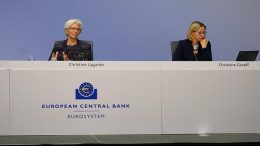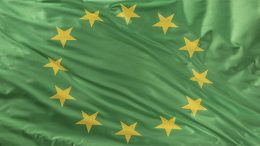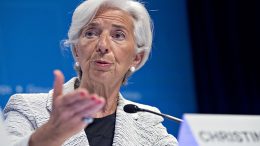The ECB Responds Without Hesitation To German Constitutional Court Ruling But Must Build Bridges
Intermoney | In the name of the ECB independence, Christine Lagarde, made it clear that the only guide for the institution is the fulfilment of its mandate and no resources or efforts will be spared in this task. Once the central bank has made it clear that it does not accept the authority of the German courts, it must move on towards a more political phase in which it can build bridges and provide a solution to the problem. If it does not do so within three months, the Bundesbank could find itself in a difficult legal mess.










